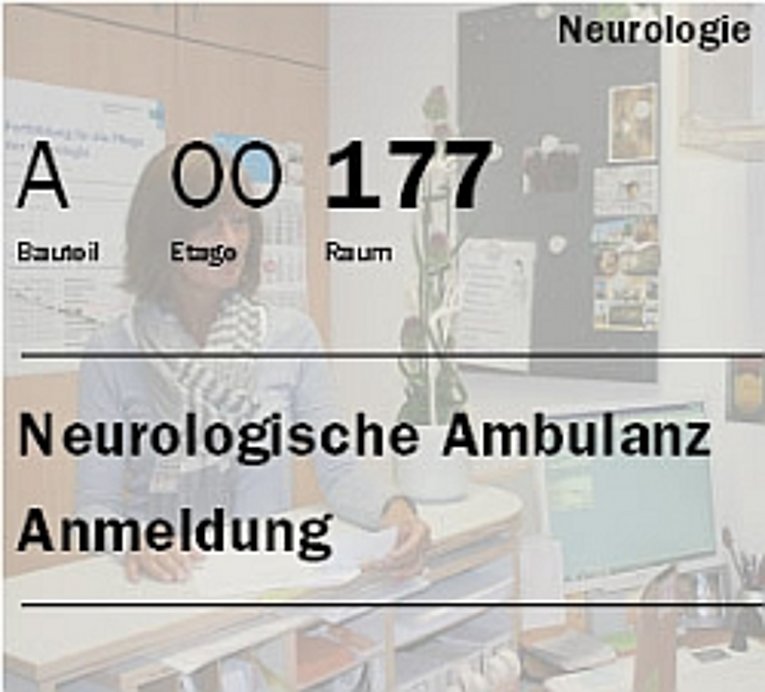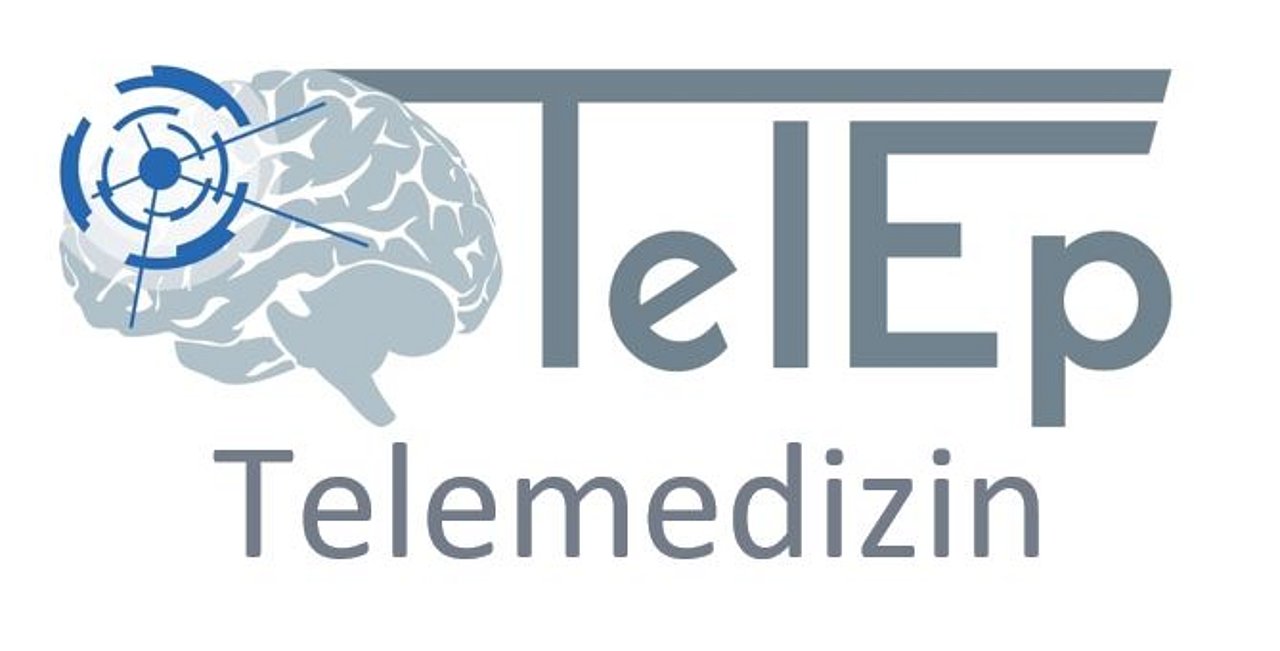
Patients usually first come to the outpatient clinic. While our patients come from all over Germany, most of them are from Bavaria.
We are located in the university neurological outpatient clinic on the ground floor of the Department of Neurology (Kopfklinik).
Consultation hours are daily, from Monday to Friday; appointments are required.
Some patients come directly to our clinic after a paroxysmal event which cannot be clearly attributed. Most patients, however, are referred to us by local practitioners or other hospitals.
There are many reasons for coming to us:
The epilepsy is difficult to treat, i.e. despite treatment with several antiepileptic drugs the patient is not yet seizure-free, or maybe a certain drug had side effects. We discuss alternative treatment methods, such as readjusting medication by using different antiepileptic drugs, surgical treatment, radiotherapy or new forms of treatment such as vagus nerve stimulation.
In some cases, it is even necessary to determine if the patient is in fact suffering from epilepsy. Quite often, a patient experiences episodes of unconsciousness which cannot be clearly attributed to epilepsy. Other conditions such as circulatory insufficiency may lead to temporary cerebral circulatory disorders which, in turn, can cause temporary unconsciousness.
Some patients have specific questions regarding medication, how to regain their driver's licence when they have been declared seizure-free or what to observe if they want to have children.
For senior citizens we offer special consultation hours for epilepsy in the elderly. As the average age of the population has increased, epilepsy in the elderly has likewise become more common during the past few years. As regards diagnosis and treatment, it is particularly difficult to recognise seizures and differentiate them from non-epileptic seizures and potential accompanying symptoms of osteoporosis or cardiovascular, renal or metabolic diseases.
After surgery, patients come for follow-up examinations for many years afterwards. In these check-ups, it is assessed whether medication can be reduced or is possibly no longer necessary at all.
In the past few years, diagnostic methods for epilepsy have considerably improved; it is therefore much easier today to distinguish epilepsy from non-epileptic seizures. Examination procedures are sometimes rather complex, often requiring special tests such as thorough internal examinations using ECG, long-term ECG, exercise ECG, tilt table tests, sleep deprivation EEG, or 24-hour EEG.




